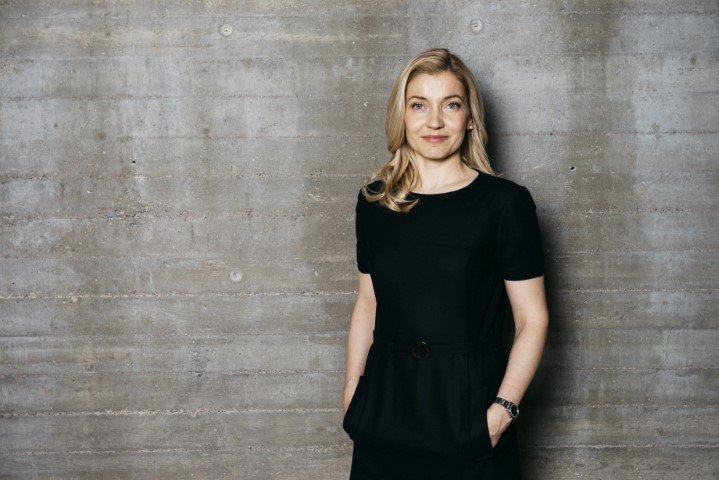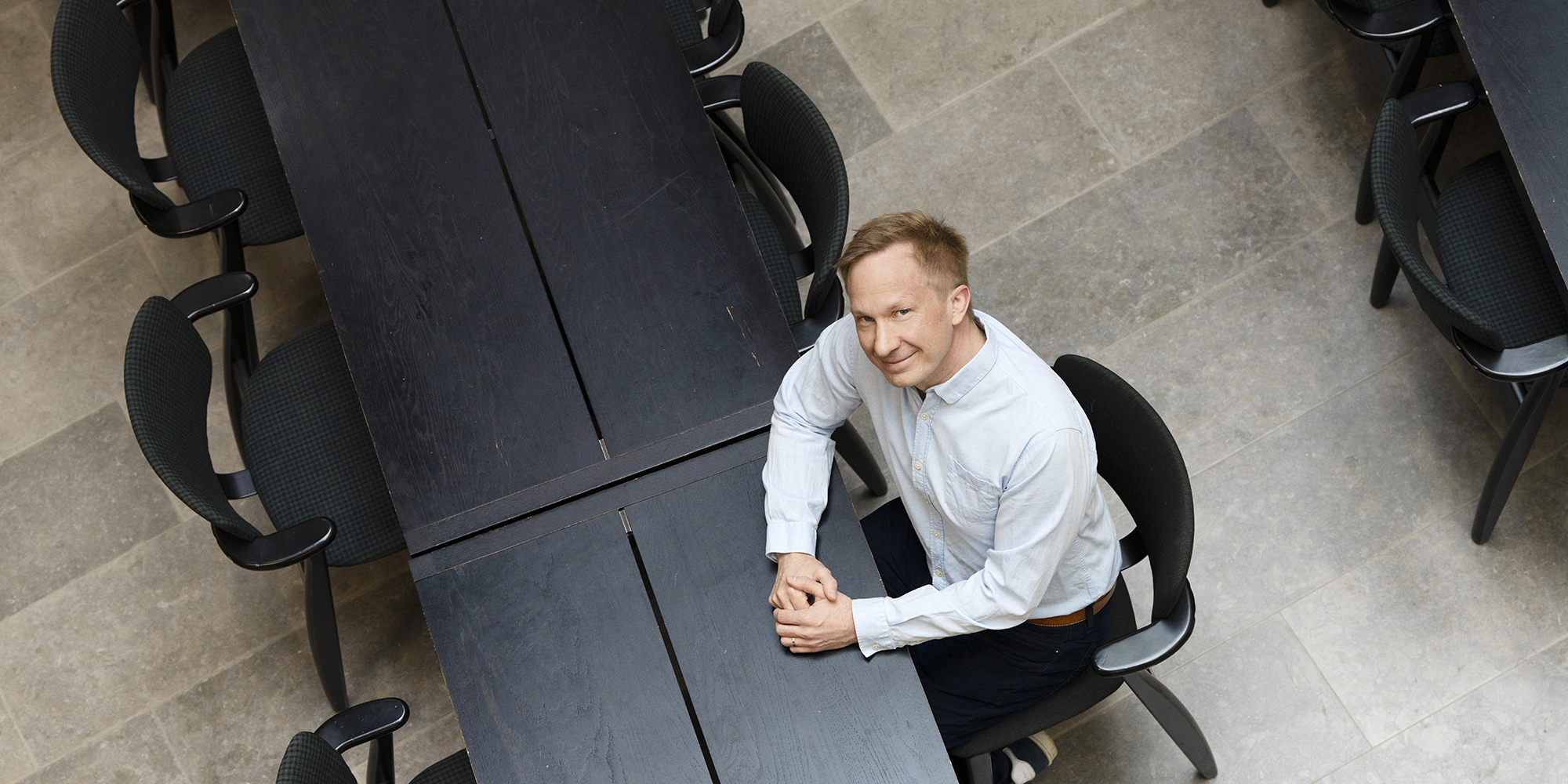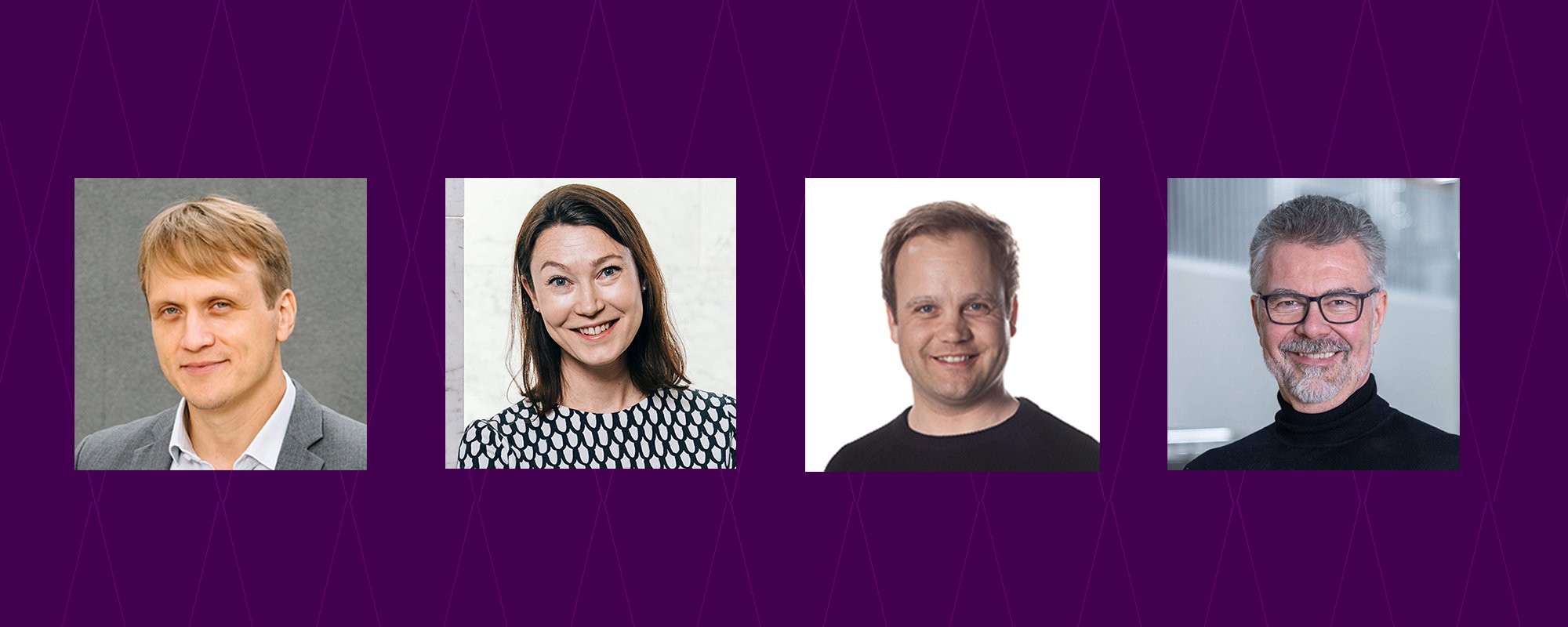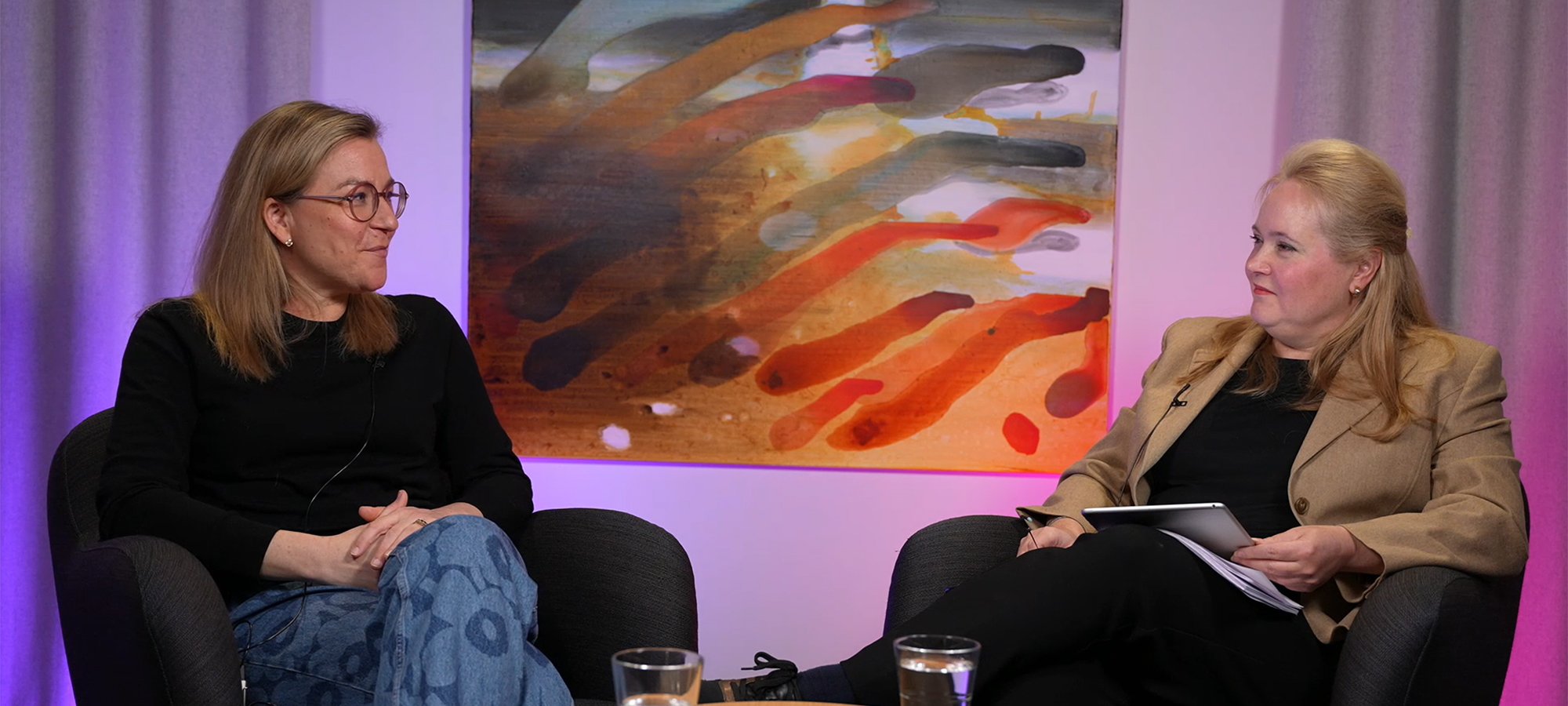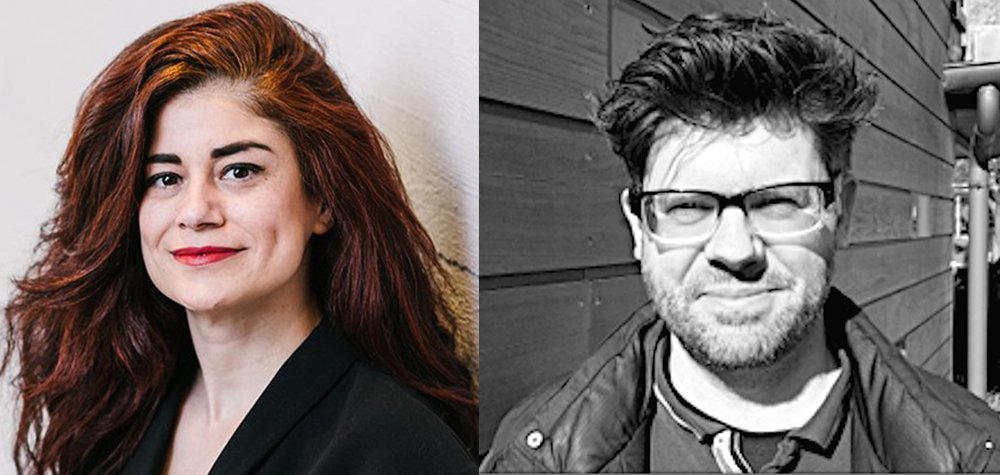I'll spare you the deep dive into Greek mythology: Prometheus suffered as he, with the gift of foresight, had haplessly unleashed humans to become "a menace to themselves, to other creatures and to earth itself" and was for this punished by Zeus who was rather keen to replace the technically skilled but civically poor human race with something a little more thoughtful.
Dr Albert Andersen presents an elegant case, which I will not paraphrase – What intrigues me in this, is the philosophical perspective: “Technological mastery without civic wisdom spells disaster”.
The State of Affairs
I’d like to share two pieces of information that have hit home recently.
The first startling fact to comprehend is that 96 percent of the biomass of all mammals on Earth consists of human beings and their livestock. All other mammals, from mice to whales and everything in between, amount to a mere 4 percent giving a devastating glimpse of the state of all-important, balance-providing, exquisite-but-tragically-declining biodiversity today. With the projected 9bn population of 2050, one can only surmise that the space for biodiversity is highly likely to be dramatically further diminished, the rate of extinctions of species accelerating.
We need to tenfold our efforts to stay within the parameters that are predicted to hold global warming at bay at 2 degrees above pre-industrial times."
The second – more urgent and pressing – question is that of climate change accelerated by the ever-increasing amount of carbon in our atmosphere currently amounting to 415 parts per million. One finds it easy to get lulled into good news about climate action – what with Biden and all – but as per the recent study published on Stanford Earth, the current annual cuts in carbon emissions amount to some 10 % of the 1–2bn tons of CO2 that are needed to tackle climate change.
To turn these numbers around, we need to tenfold our efforts to stay within the parameters that are predicted to hold global warming at bay at 2 degrees above pre-industrial times. The study also concludes that while emissions decreased in 64 countries, they in fact increased in 150 during 2020.
We need to work harder folks, much harder.
On Global Collaboration – And Reallocation of Capital
The good news is that our society is in the process of recognizing that our relationship with nature and built environment simply must change. Amplified by the COVID-19 pandemic the global concern over the well-being of our planet has taken flight and we see the sense of urgency rising in terms of combatting climate crisis.
In a sweeping statement, many governments including the Finnish one, are doing unprecedented policy decisions to support green tech innovation, but as with many things that need solving, it is the marriage of governance, intelligent capital and innovations of value-driven business that need to be jointly persuaded.
An unprecedented level of global collaboration is called for to achieve this, as is noted by Marcus Wallenberg, 5th generation representative of the Wallenberg family fortune and Chairman of SEB who sees the fight against climate change the single most pressing challenge of our times. He calls for innovation from private sector, regulatory pricing of the climate question and underlines the role of investment capital.
But of course, capital already knows where to go. In his 2021 CEO letter Larry Fink representing the world’s largest asset manager, Black Rock, with some seven trillion in assets under management, describes the reallocation of capital away from climate risk to green initiatives a “tectonic shift” that has, against conventional wisdom, only been accelerated by the COVID-crisis.
Just as FAANG and other digital-economy companies have been the driving force of high stock-market returns in the past couple of decades, green-technology companies are seen possibly to be taking this role in the coming decades.
The Business Perspective – The Part for Technological Mastery
The primary ethical concern for most in business according to the old hymn book was to adequately “perform against fiduciary responsibilities for the shareholders” – but as per Larry Fink, Net Zero is the new fiduciary responsibility within business, verifiably so when the world’s largest asset manager makes investment decisions.
Green growth opportunities are particularly relevant across massive sectors such as energy, mobility, and agriculture, but very much driving decision-making in the building sector, too."
And of course, the good fight presents us with a massive business opportunity of an estimated 6000bn euro market for smart green solutions by 2050 – and keeping firmly in mind that much of the carbon capture, use and storage (CCUS) technology we need for carbon neutral business sector has not yet been invented, the challenge-cum-opportunity remains within private business sector to solve and thrive over – with a healthy dose of Promethean thinking applied.
Green growth opportunities are particularly relevant across massive sectors such as energy, mobility, and agriculture, but very much driving decision-making in the building sector, too.
The global green building materials market alone amounts to 200bn USD over 2021-2026 driven by both regulation and public awareness driving demand for ecologically sound products and services – massive opportunities arise also in the area of energy savings in the built environment that are intriguing to explore further.
Of course, from strategic perspective there is always the question of timing in the old Explore-Exploit-Expand framework – but one surmises that to an extent the market is gradually getting ripe and ready for eco-argumentation when, on top of above, some 70% American consumers have bought an "ecological product" during 2020 even if it was more expensive.
The Leadership Challenge – Finding the Civic Wisdom
But when all the above is already at play, then what are we still missing?
A brilliant thinker, and a dear friend, Edie Weiner in a recent International Women’s Forum keynote concluded an absolutely chilling fact: “Anthropologically and socially we are much more inclined to follow a leader that we believe in, even if we don’t agree with their values or statements, to following someone we agree with but don’t believe in their leadership.”
We need conviction and strong leadership to guide us forward in these perilous times."
This, sadly, goes a long way in explaining the current world order where semi-democratic authoritarians are seen preferable to inaction. And this leadership challenge, I’m afraid, presents us with our most substantial hurdle to tackle.
We need conviction and strong leadership to guide us forward in these perilous times towards the "unprecedented level of global collaboration" that indeed is called for.
This is an area, where further actors are at play and for instance business schools will have a role to fulfill; both supporting leadership capabilities in general as is already done, but also providing a joint vocabulary and concepts through the inclusion of strategic sustainability as an integral part of curriculums. This is where Aalto EE is already taking great steps by including ESG and sustainability themes prominently in its degree programs – as well as offering strategic sustainability studies organized jointly with the “greenest university in the world”, UC Berkeley and Haas School of Business.
Eventually though, it boils down to finding common denominators in all of us. The chief economic commentator of Financial Times, Martin Wolf, wrote recently “Climate change has fallen on our generation to tackle” and so it appears that we all have a part to play.
Going back to the conundrum of Prometheus; technological mastery leading to disaster with the absence of civic wisdom. The former without the latter though is merely hollow virtues without solutions. Both are needed, hand in hand - global innovation, global collaboration.
My opinions are my own and so are any mistakes.
Annika Jyllilä-Vertigans is owner and board member at Paree Group Oy, CEO at Vieser Oy, President Aalto EMBA cohort 2016, President IWF Finland, Board member at Design Forum Finland. The Strategic Sustainability for Business program, an executive program co-created with UC Berkeley Executive Education focuses on strengthening the link between sustainability and business strategy within the business environment.
















